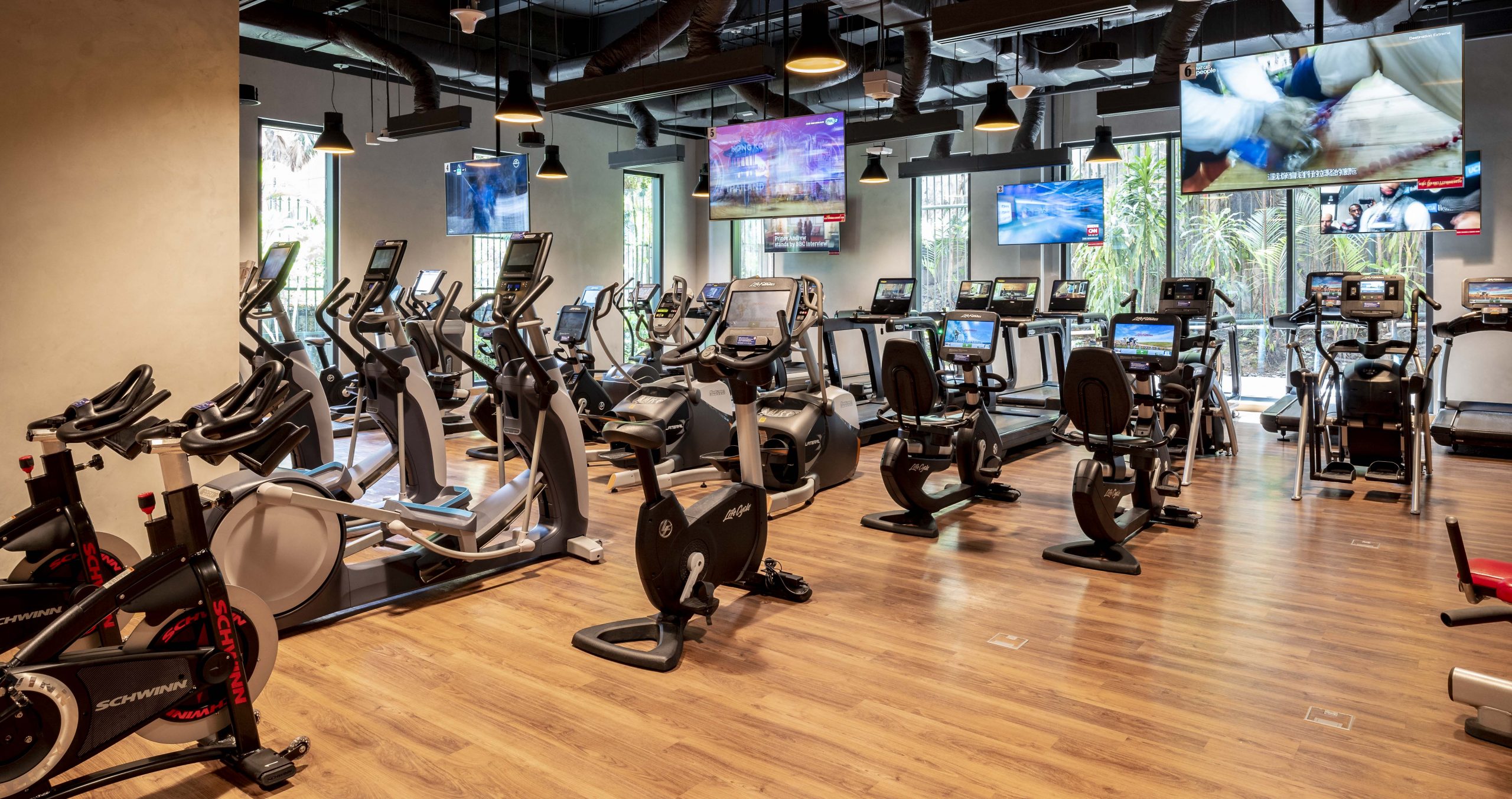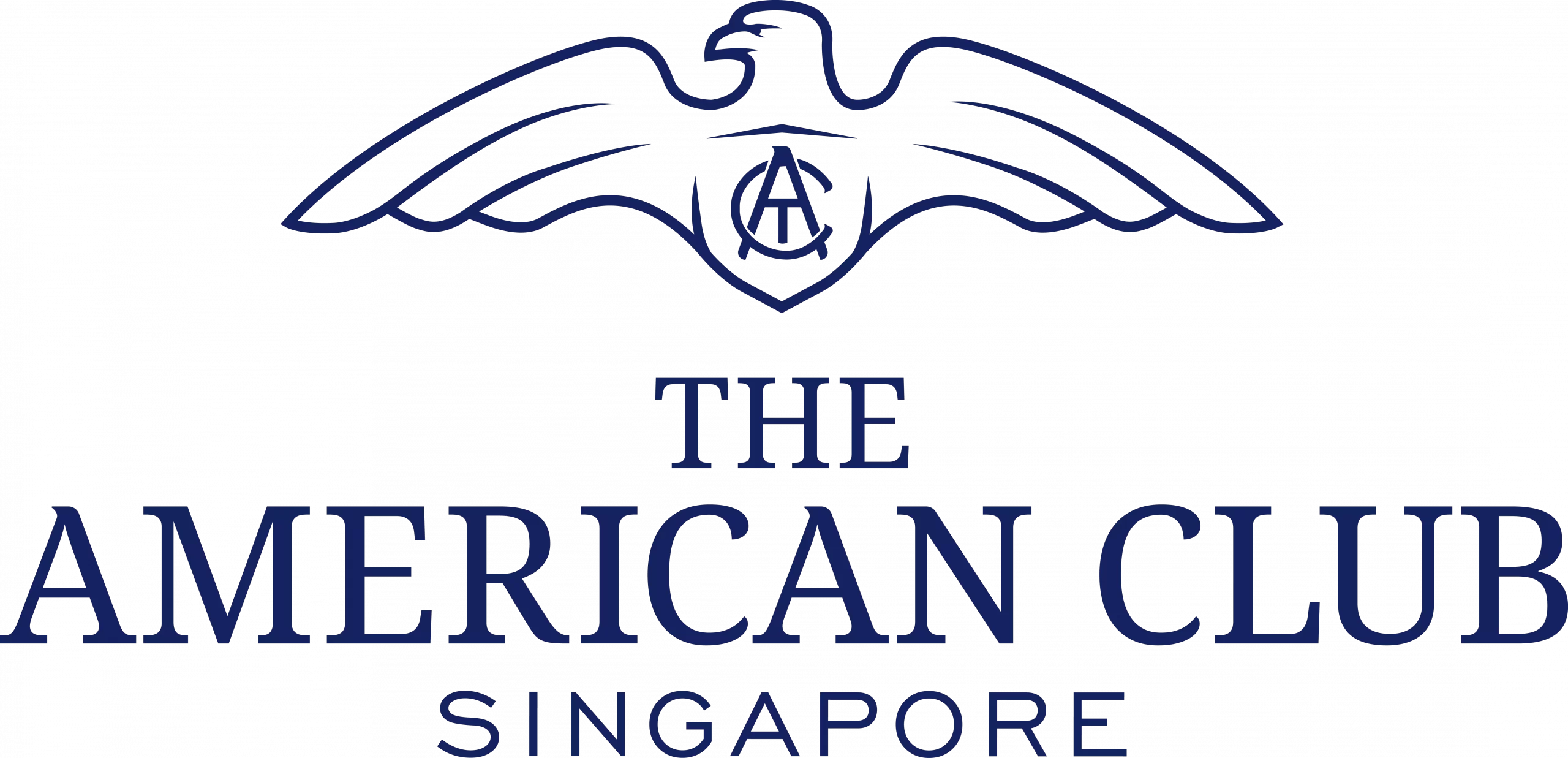Renowned for its exceptional quality of life, Singapore consistently ranks among the top destinations for expatriates and locals alike. However, this enviable standard of living comes at a cost. For expatriates relocating to Singapore, understanding the cost of living in the city-state is essential to ensure a harmonious balance between lifestyle and budget.
Table of Contents
Basic cost of living in Singapore
Transportation
Singapore boasts one of the world’s finest and most cost-effective public transportation systems, renowned for its efficiency and accessibility. With an average one-way ticket fare of approximately
S$2 for buses and MRT, daily commuting costs total around S$4 , amounting to about S$80 for a standard 20-workday month. Additionally, Singapore’s taxi service is recognized for its exceptional reliability and convenience, with fares starting at S$3-3.40 for the first mile and S$0.22 for every 400m traveled up to 10km, making even short-distance journeys readily accessible and convenient.
Read more: Understanding Transportation in Singapore to Navigate Across the City
Accommodation
The cost of housing in Singapore varies depending on factors such as the property’s proximity to the city, its age, and the availability of recreational facilities. When considering accommodation options, it’s essential to take your time and carefully weigh your choices. Factor in the average rental costs alongside your personal preferences to make an informed decision about where to live in Singapore.
Read more: Best Neighborhoods in Singapore For Expat Families to Live In
Education and Childcare
In Singapore, the education system offers a structured path from primary to secondary schooling, culminating in examinations such as the GCE ‘O’ Level or GCE ‘N’ Level. Primary education is free for Singaporean citizens, with a nominal fee of S$205 for Singaporean Permanent Residents (PR). Secondary education incurs a cost of S$5 per month for citizens and S$380 for PR holders. Expatriate children have the option to enroll in various international schools, with annual fees ranging from S$12,000 to S$30,000, depending on the institution. Additionally, families with toddlers can choose childcare centers catering to children up to seven years old, offering both half-day and full-day options with fees ranging from S$400 to S$1,500 per month.
Read more: Affordable International Schools in Singapore
Entertainment
Entertainment, encompassing sports and leisure activities, can incur significant expenses in Singapore. Monthly gym subscriptions, considered mid-range, often amount to around S$100. Additionally, recreation expenses like movie tickets, alcohol, and karaoke rooms come with their own costs. Movie tickets typically range from S$9 on weekdays to 1S$3 on weekends, while karaoke room rentals, excluding alcohol and food, can range from S$25 to S$35 per person.
Internet & Mobile Phone
In Singapore, mobile phone subscriptions offer a range of affordable options, with prices typically ranging from S$35 to S$100 per month for both postpaid and prepaid plans. When selecting a plan, it’s essential to find the one that best suits your needs. Additionally, internet connections for residential areas in Singapore are comparatively inexpensive, providing high-speed internet and ample data for an average cost of around S$50 per month.
Utilities
Utilities in Singapore are billed on a monthly basis, encompassing electricity, water, and gas. Depending on the usage of air conditioning, monthly bills can range from S$200 to S$600.
Groceries & Basic Necessities
Groceries and basic necessities in Singapore are generally affordable, especially when purchasing fresh food and local goods from small grocery stores or local supermarkets. Local products are notably cheaper than imported Western goods. For instance, the average prices for common grocery items* include:
- S$3.95 for a liter of regular milk
- S$3.65 for 1 kg of white rice
- S$4.53 for a dozen regular eggs
- S$5.65 for 1 kg of apples
- S$2.19 for one head of lettuce
- S$1.79 for a 1.5-liter bottle of water
*According to data from Numbeo.
Healthcare
Singapore’s healthcare system is widely regarded as the best in Asia, offering state-of-the-art medical technology and cost-effective solutions with high success rates. However, only Singapore citizens and PRs qualify for the National Healthcare Plan, leaving expatriates to cover their medical expenses out of pocket, which can be expensive. As a result, many expats opt for private insurance, either through group cover provided by their employer or individual plans. It’s advisable to check with your employer regarding available benefits and consider obtaining individual coverage if company-provided medical plans are not available.
Tax
Singapore is famous for its exceptionally low income tax rates, making it an attractive destination for expatriates. The country’s tax system, based on a territorial basis, ensures substantial tax savings by taxing only income earned within Singapore, while income earned overseas remains untaxed in most cases. For foreign residents, tax rates vary based on the duration of their stay or work in Singapore. Those who have been in the country for 183 days or more are subject to progressive tax rates ranging from 0% to 20%, while those with less than 183 days are taxed at a flat rate of 15%.
Reduced living cost in Singapore
Reducing living costs in Singapore can be achieved through various strategies. Firstly, consider alternative modes of transportation, such as utilizing public transport or cycling, to save on commuting expenses. Additionally, seek out affordable accommodation options in less expensive areas of the city or consider sharing living spaces with roommates to split costs. Embrace local markets and eateries for more budget-friendly dining options, and explore discounted grocery stores for everyday necessities. Lastly, take advantage of recreational activities that are low-cost or free, such as outdoor parks and community events, to enjoy entertainment without breaking the bank.



















